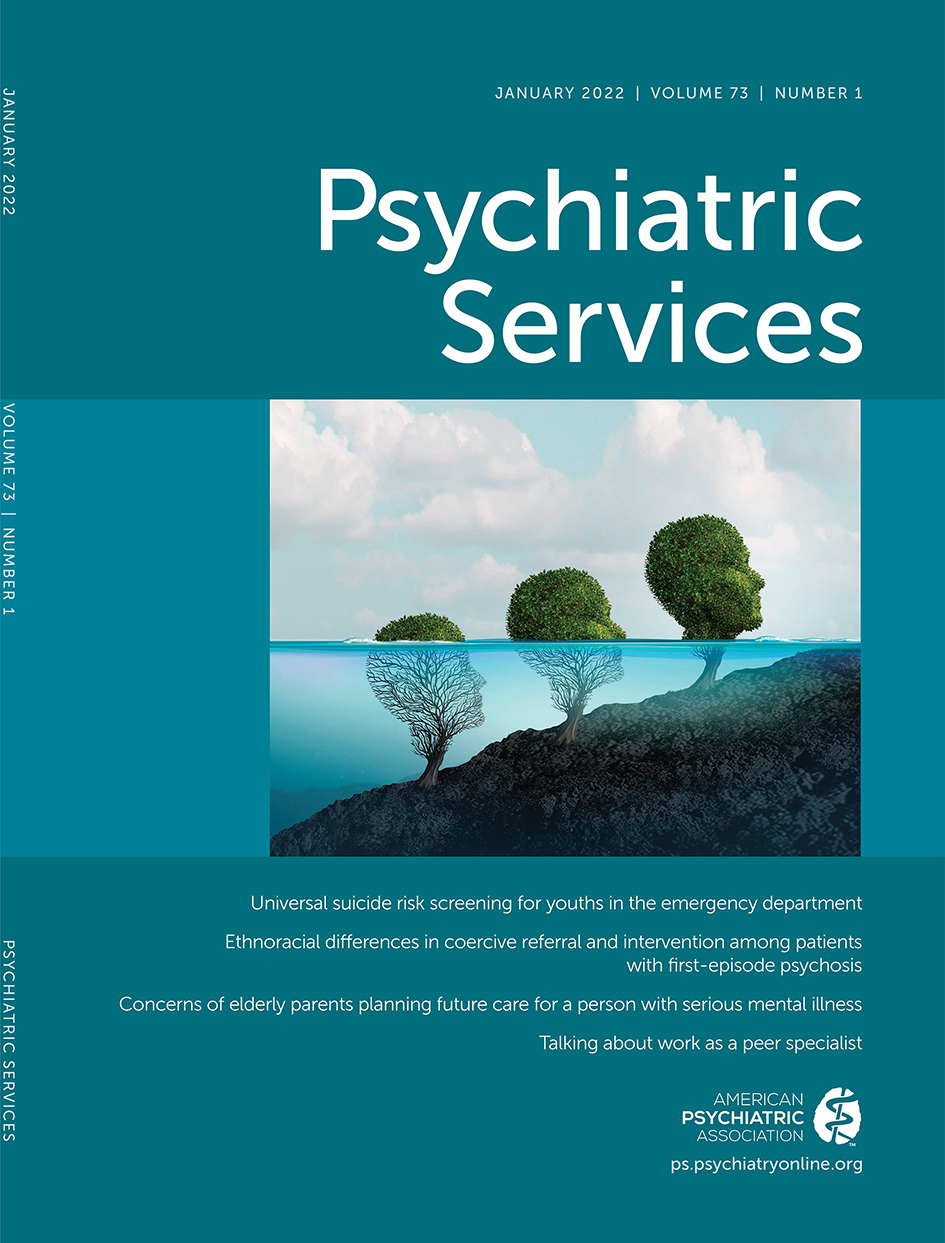Health Disparities Between Older Lesbian, Gay, and Bisexual Adults and Heterosexual Adults in the Public Mental Health System
Abstract
Objective:
In this study, the authors examined disparities in general health, substance use, mental health conditions, and acute service use between lesbian, gay, and bisexual (LGB) adults (ages ≥50 years) and a matched sample of heterosexual adults.
Methods:
Individuals whose electronic health record indicated their sexual orientation as gay, lesbian, or bisexual from the 2015 New York State Office of Mental Health Patient Characteristics Survey were matched with heterosexual individuals, resulting in N=1,659 individuals in each of the two groups. Differences in health status indicators and acute service use were compared in generalized estimating equation models.
Results:
Compared with matched heterosexual men, older gay and bisexual men had more chronic general medical conditions and mental health issues; they also had fewer inpatient stays related to substance use disorders. Older lesbian and bisexual women had higher rates of tobacco use, alcohol use, and substance use disorders than heterosexual women; moreover, they reported more inpatient stays and emergency department visits related to substance use disorders.
Conclusions:
This study provides evidence of health disparities among sexual minority older adults within a public mental health system. The results suggest that health disparities persist into older adulthood and that new health concerns emerge with the aging of the sexual minority population. Targeted prevention and intervention programs are needed to effectively engage older LGB adults into treatment for general medical and mental illnesses as well as substance use disorders.



